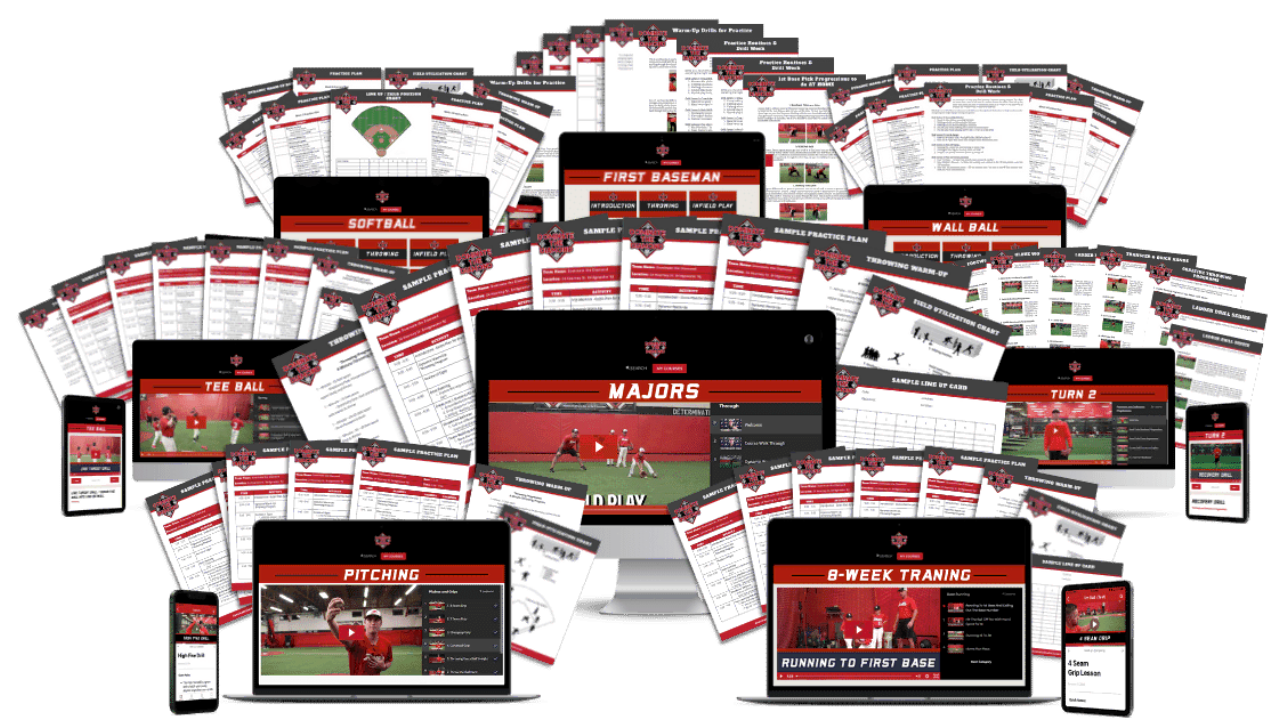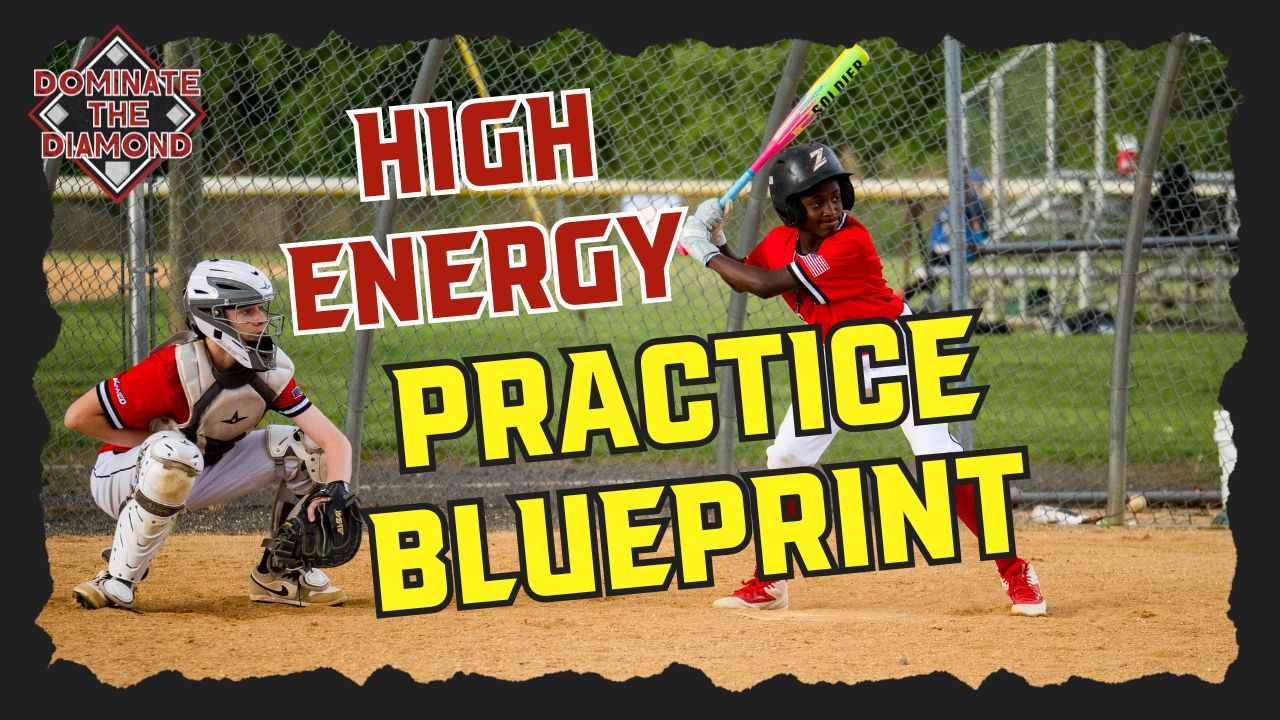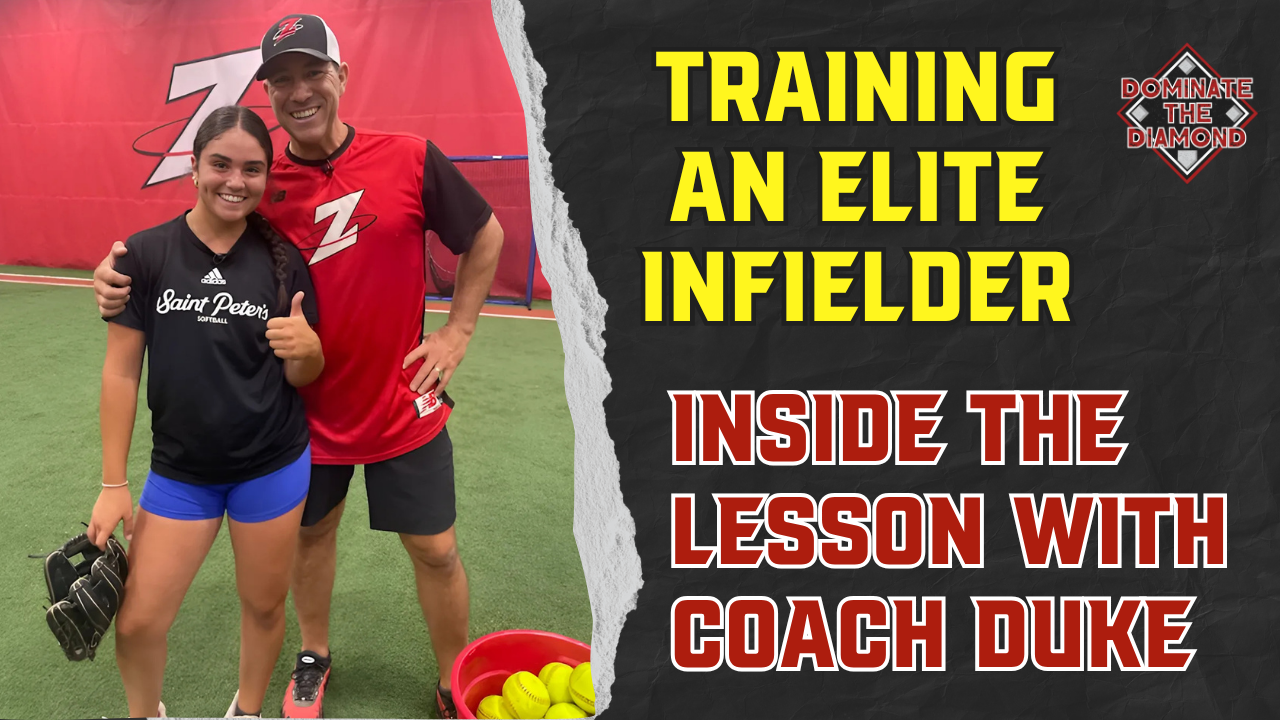Top Strategies To Manage And Motivate Disruptive Youth Baseball Players

Coaching youth baseball can be an incredibly rewarding experience, but it doesn’t come without its challenges. One of the most common struggles coaches face is dealing with kids who don’t listen or cause disruptions. Taking the time to understand the root causes of these behaviors is the best way to address problems and maintain a positive team environment.
Understanding Behavior To Change Your Approach
Alex was a talented young player who constantly interrupted practice by talking while drills were being explained. It’s easy to label this behavior as rude and defiant but in most cases there’s more beneath the surface. He might feel he already knows everything or learns better with visual examples rather than just words.
Another example is Sarah who frequently sulked and blamed others during games. But after having an encouraging talk and seeing her interactions with others, we were able to understand that she feels overwhelmed when things aren’t going well. Having the right information means you can tailor your coaching approach to support her emotional resilience and teamwork skills.
Strategies For Coaching Difficult Behavior
Identify the problem: Addressing disruptive behaviors involves pinpointing their causes. Each behavior - whether it’s talking during instructions, fooling around, mouthing off or showing poor body language - can come from different underlying issues. Take the time to observe and talk with your players individually to try to understand what may be behind them. It's easy to jump to conclusions about what's happening instead of just asking kids how they're feeling.
Get players involved: Kids who really know a skill or drill can get bored quickly. A great way to change their attitude is to let them take charge. When they lead a drill, they get involved in making sure their teammates are doing it right. This not only keeps them engaged but also gives them a chance to give feedback and work on their own skills. Also have players explain the drill or skill back to you and see what kind of grasp they have on it. This will also help them feel seen and heard.
Adjust your coaching methods: Keep kids active and involved if they seem bored and disengaged. Break down instructions into bite-sized pieces that get quick wins. By clarifying your expectations you maintain player focus throughout practice. When drills are too hard or too easy you need to be able to adapt. Modifying the pace or adding a competitive element can boost engagement, i..e. turn a base-running drill into a timed competition to challenge speed and accuracy.
Managing Difficult Behaviors
Building relationships is at the center of player-centered coaching. Jake was a kid who often challenged authority. We took the time to understand Jake’s interests and concerns off the field, which helped us form a deeper connection and allowed him to open up. Since we built up trust, it became a lot easier to handle his attitude during practices and games
It’s crucial to set up clear standards and consequences right away. Before the season starts, gather players and their parents to outline team rules and expectations. This proactive approach ensures that everyone is on the same page and there are no surprises when issues come up.
It’s important to manage disruptive behaviors during practices immediately and strategically to stop distractions from spreading. If a few players are fooling around, consider separating them to maintain focus and discipline. This approach not only maintains the flow of practice but also reinforces the importance of working as a team and being respectful.
Another helpful strategy is to encourage goal-setting among players. When kids have clear objectives, such as improving their batting average or mastering a new pitch, they’re more motivated to stay focused and accountable throughout the season. Regularly check in with players about their progress and celebrate milestones together to keep them engaged and committed to their development.
Words of Wisdom When Working With Challenging Kids
Patience, empathy and a willingness to adapt is the secret to getting the most out of all your players, especially the challenging ones. Setting certain standards and rules - like hustling, maintaining high energy, and supporting teammates - is essential. When these standards aren’t met, there should be clear consequences to sustain team discipline and respect.
Keep high-spirited kids separated to minimize distractions. Allowing these players to work together can create a chaotic environment and encourage worse behavior. When there are set expectations early on that are clear to both the players and the parents, there’s a better chance of everyone understanding their role in the team’s culture.
When practices seem to be getting out of hand it helps to sit down with the team and their parents before the next practice to review rules and consequences again. This approach prevents further misunderstandings and re-establishes a positive tone and environment.
Have players write down their goals and revisit them throughout the season to track progress and keep them motivated.
Remember that the secret to quality coaching is being able to relate to each and every player.
Empowering Players With Personalized Support
Coaching kids with challenging behaviors requires a blend of understanding, patience and effective communication. When you get to the root causes of disruptive attitudes and apply targeted strategies, you can create a supportive environment where every player feels valued and motivated. Remember, every child is unique, and a personalized coaching approach can make a significant impact on their development both on and off the field.
Planning practices proactively can keep you calm when chaos throws you off track. Using our Pre-Made Practice Plan Templates will help you have smoother practices no matter what comes your way. These resources include structured practice plans and activities that can help keep kids engaged and reduce disruptive behavior by maintaining a well-organized and dynamic practice environment.









